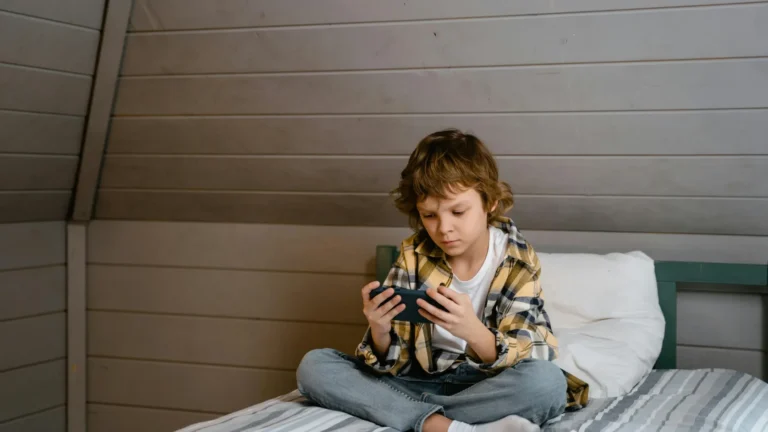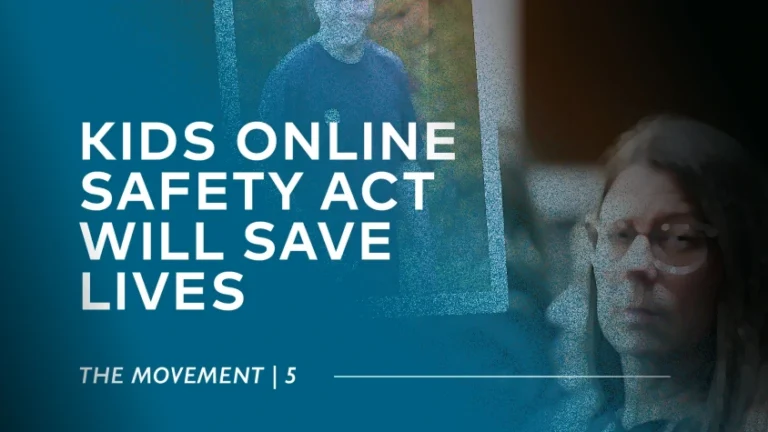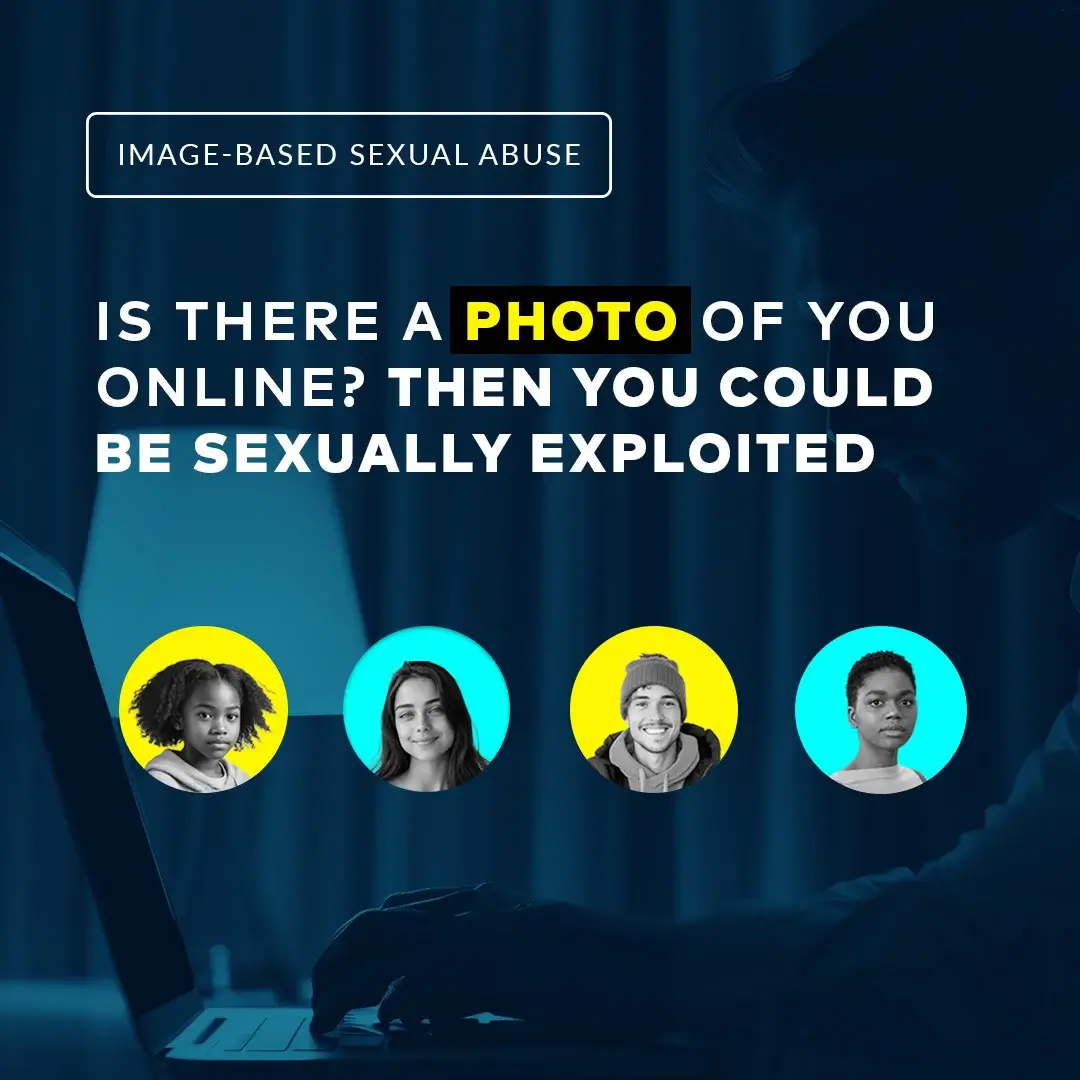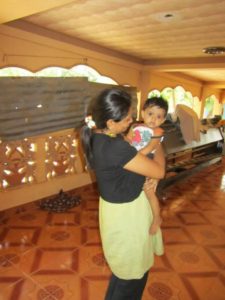
I am Dilshy Banu, and I am a victim of a unique form of revenge porn [also known as “porn shaming.”]
I was once a journalist for the Sunday Times in my native country of Sri Lanka. Sri Lanka is a beautiful nation that I’ve always felt proud of, and I’ve strived to use my writing to benefit my country.
Unfortunately, in the chaotic political landscape, it wasn’t long before my strong opinions, and my status as an unmarried woman, began to cause anger and resentment.
One night I searched my name on the Internet, and what I saw next would change my life forever.
Dozens of pornographic videos tagged with my name appeared. They were mixed in with real articles I had written so it looked like the pornography and my identity were one and the same. In Sri-Lanka’s shame-based culture, to be associated with such explicit material is so serious that this association between my name and pornography was tantamount to character assassination. It even had the potential to put my life at risk.
I couldn’t sleep that night.
The next morning, I went to the police. As I started to explain my problem, I was continually passed between different male officers who treated me like I was a joke. Each time I tried to tell my story to a new officer the more ashamed and embarrassed I felt. I was eventually told to write a letter to a cyber-crimes division. I walked out with a heavy heart. The police later informed me that they were unable to get any leads and so they closed the case.
I tried to move on and to keep this secret covered up. I couldn’t speak to anyone about it except a very few people because I felt extreme shame. It kept haunting me, though, and eventually I knew I had to investigate this matter on my own, even if the police wouldn’t.
For the first time, I opened the pornographic sites that tagged my name. I had always valued the tradition of waiting for sex until after marriage, and I had never seen pornography before. I couldn’t believe my eyes. I found countless videos of sex, masturbation, and even videos highlighting the inside of a women’s public toilet. It made me feel sick.
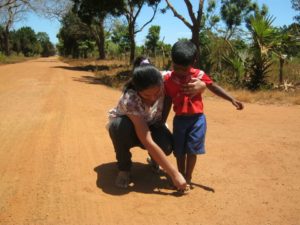
The faces in the videos were not shown . . . but my name was attached. My name, with its unique spelling—a spelling that no other Sri Lankan woman’s name would have—was the name attached to the pornography. It was clear that my name had been intentionally tagged to these videos in order to ruin my professional reputation and to put me in danger.
I traced the films back to the website where they were hosted, and I wrote to them, asking them to remove the content. After several days of email exchanges they finally did. I felt relieved, and empowered to finish this problem once and for all.
I wrote to hundreds of other pornographic sites that were carrying these videos. Within two to three months, I got most of the videos removed, and I even got Yahoo to bury them in search queries.
I felt so relieved, and was able to devote my energy again to writing and advocating for peace in Sri Lanka. I wrote a book calling for young boys to be educated, rather than trained to conduct suicide bombings, which angered some groups. Then, over a year later, a friend called me and said she had searched for my book online and had instead found a string of pornographic sites.
This time, my name was being tagged in Google.
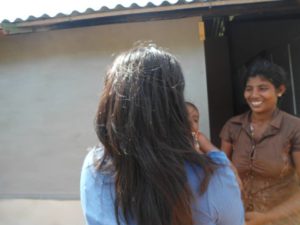
With great fear I typed my name into the Google browser and discovered my name attached to pornography. The nightmare wasn’t over.
I had given a decade of my life working to unite Sri Lanka through my writing, and I was being repaid with a level of disgrace that made it impossible to live in my country. Despite contacting Google over and over again, I received no response.
Once these videos appeared on Google, word began to get out. Even though I was not actually in any of the pornography, people didn’t care and they believed that I deserved this shame since I was an unmarried, professional woman who was acting out of line with Sri Lankan social norms. I was guilty by association. It was painful to be scorned by those in my community, even many who I knew and trusted. I received threats and verbal harassment online that rattled me. Eventually, someone even attempted to physically attack me.
That was when I knew that I would have to leave Sri Lanka, the country I loved, to come to the United States.
Now, I am asking representatives of Google to meet with myself and the National Center on Sexual Exploitation in order to bury these videos that have ruined my reputation and made me flee my home. I hope to ensure that future generations of women from Sri Lanka and the around the world can be safe from this kind of revenge porn [also known as porn shaming], and to show them that it is possible to stand up and reclaim their lives.


